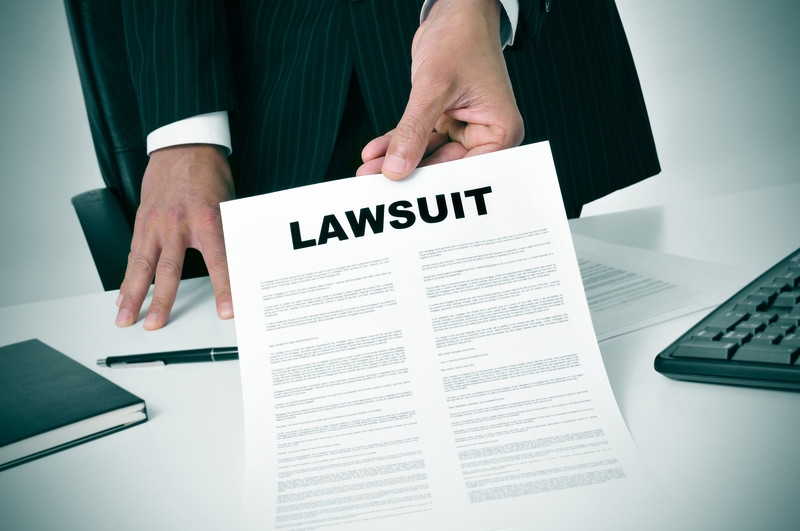NATIONAL REPORT—There is nothing magical about avoiding a bed bug lawsuit. Lawsuits are the same as war in the sense that they represent the parties’ failures in diplomacy or dispute resolution. Lawsuits, like war, are for the most part, avoidable.
The starting point in avoiding lawsuits is recognizing that liability from bed bugs is not an immediate consequence due to the mere presence of this pest in a hotel’s property. Every hotel property, regardless of it’s customer base demographics, has bed bugs routinely introduced. Liability, however, does ensue due to inadequate inspection, repair (remediation) or warning. While a high level of bed bugs in a room may reflect inadequate inspection or training on behalf of housekeeping, detecting one or two bed bugs in a room, with no bed bugs found in surrounding rooms, may, in fact, demonstrate vigilance.
Understanding when a hotel may be found liable should assist in developing strategies for both preventative protocols and dispute resolution. For instance, a hotel may reduce its potential exposure to bed bug-related lawsuits by:
- Hiring a pest management professional (PMP) to train maintenance and housekeeping staff to perform frequent room and common area inspections
- The judicious use of perimeter insecticidal dusts in hallways and rooms
- Using active mattress liners such as ActiveGuard Mattress Liners
- Considering the use of mattress encasements to protect the capital asset against fluids and stains
- Implementing a documentation system with response protocols
- The strategic use of interceptors, when appropriate
- Periodic inspections by a PMP
Implementing these measures demonstrate to the consumer and plaintiff’s attorney that the hotel is doing what it can to protect guests from bed bugs.
The next step in avoiding a lawsuit is to recognize when a hotel has exposure and assessing an appropriate and proportional response. Hotels need to understand that a lawsuit is a long-term process. Litigation involves prolonged hours of lawyer meetings, answering written discovery, preparing for and submitting depositions by management and staff and, if need be, preparation and participating at trial.
The time commitment for this endeavor is huge and the financial costs are expensive. In fact, a confirmed “one-night bite” case may well involve a substantially higher cost for legal fees, expert witnesses, and court costs than the actual value of the case. It is therefore essential that a hotel develop an empathetic and sincere response strategy while their legal team assess their degree of exposure. This strategy may begin by offering to both waive the affected client’s hotel charge and offer a future free stay at any one of the hotel’s properties. It may also involve a financial settlement. If a lawyer becomes involved, there is no reason the case cannot be settled at that time, and before a lawsuit is filed.
The plaintiff’s attorney must also appreciate the costs it will take to prosecute a case to trial. However, a hotel must also consider the potential attorney fee-shifting provisions under the state’s consumer protection statutes. Simply, this is where a plaintiff’s attorney may be entitled to prevailing party attorney fees if they obtain a recovery in court. The obvious question is why not settle before the lawsuit is filed and these costs begin to accrue? Especially if a hotel has already assessed it’s liability and exposure.
The cheapest time to deal with bed bugs is before they are discovered by a guest; hopefully the anticipated outcome when proactive preventive measures have been implemented. The next cheapest time is when they are discovered and subsequently addressed with an appropriate and timely response. In contrast, the most expensive time to deal with bed bugs is after a lawsuit is filed and litigation ensues. This is not to say that all bed bug claims must be settled or paid out. There are times that a hotel needs to dig in and fight— especially if the guest is being unreasonable. However, kicking the can down the road and allowing the claim to progress through litigation is an unnecessary expenditure of money and employee time, in most instances.
Act now to start preventing bed bugs in your hotel: https://hotelbedbugprevention.com/hotel-prevention/
—Jeffrey M. Lipman, attorney-at-law and Polk County Magistrate judge





